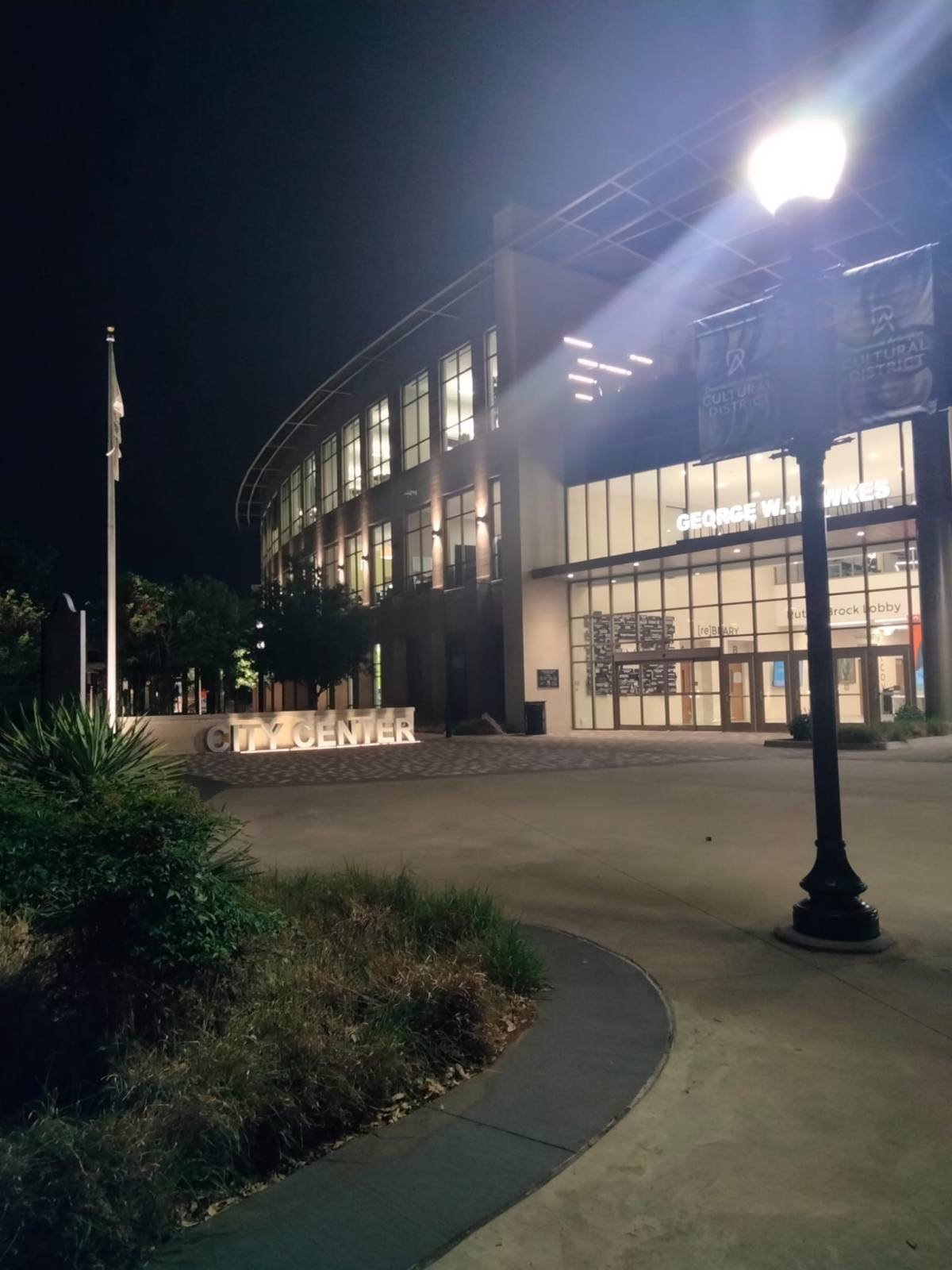I think of at least 3 bad jokes in a day, a few good ones in a week. Most of them are shared with friends or family, or I at least put it up on insta if I think it’s witty (when is it not? Bwahaha). My current draft tally on my blog is 203, and there’s at least 7 drafts up in my head, I don’t think I’ll ever get to finishing all of them.
I finished Em and the Big Hoom in less than a day. I woke up twice in the middle of sleep, picked up the book lying next to me and continued reading like I never slept. I wept a lot in the last 20 or so pages, the story really throws you in the thick of a family and it gets intense real quick, and stays that way.
I don’t think I’d have read the books that I’m reading now at any previous point in my life either, timing is so crucial. Whenever I’ve found someone who had read a book that I was reading, we’ve discovered a new connection together. East of Eden is a book I recommended to my brothers even while I was reading it (it’s that good). Em and the Big Hoom is something I’m not sure I’ll ever recommend to somebody. It’s a different story that I started reading it thinking it’s a thriller (and was ready to discard it if it didn’t fit that small niche of thrillers I enjoy). It turned out to be about a mother who suffers from bipolar, the narrator son, his sister and father in a 1BHK in Bombay, their lives through her mania and depression, the give and take of hurt and love, the unrelenting, answerless questions of whose pain is more, do these things skip a generation, is it wrong to feel relief along with grief when someone is taken away?
I’m constantly gravitating to stories that immerse you in emotional turmoil, I can leave any time I choose to but I’ve only ever left out of boredom or too much testosterone, never turbulence.
I have friends who read similar books. My brother recommended to me The Eternal Lightness of Being, and Miriam said she had read it. I take her word for it that it’s beautiful, but when I read its blurb I was positive it would break me and I wasn’t ready for it. Yet. But then East of Eden made me whole, wrapped me up in warmth and now Em and the Big Hoom has me plunged deep in emotion again.
So I write about the books I read here, a lot of times I talk about the plots with my friends, because that’s just how I process stuff in life. Just like all the remaining thoughts of my head go into drafts, pickled and forgotten, so do these. Some of them I think I’ll come back to later, yet when I revisit them I’m not ready enough or there are more pressing concerns. I’ve a feeling that’s what all of life is going to be like.





